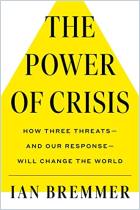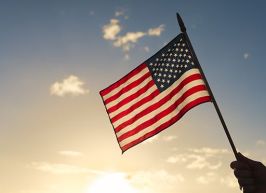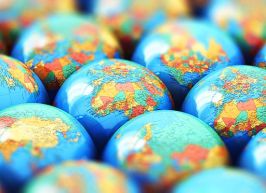Join getAbstract to access the summary!

Join getAbstract to access the summary!
Michael H. Fuchs
A Foreign Policy for the Post-Pandemic World
How to Prepare for the Next Crisis
Foreign Affairs, 2020
What's inside?
COVID-19 offers an opportunity for the revival of liberal internationalism.
Recommendation
The ideological competition between nationalist populism and liberal internationalism has dominated the political landscape for years now. With the election of Donald Trump, the former foreign policy ideology gained the upper hand in the United States. But as Michael Fuchs, a former assistant secretary at the US State Department under the Obama administration, argues, both the COVID-19 pandemic and the 2020 presidential elections might lead to change. A keen advocate of liberal internationalism, Fuchs explains why this approach offers the best outcome for the post-pandemic world.
Summary
About the Author
Michael H. Fuchs is a Senior Fellow at the Center for American Progress. He was Deputy Assistant Secretary of State for East Asian and Pacific Affairs from 2013 to 2016.


















Comment on this summary